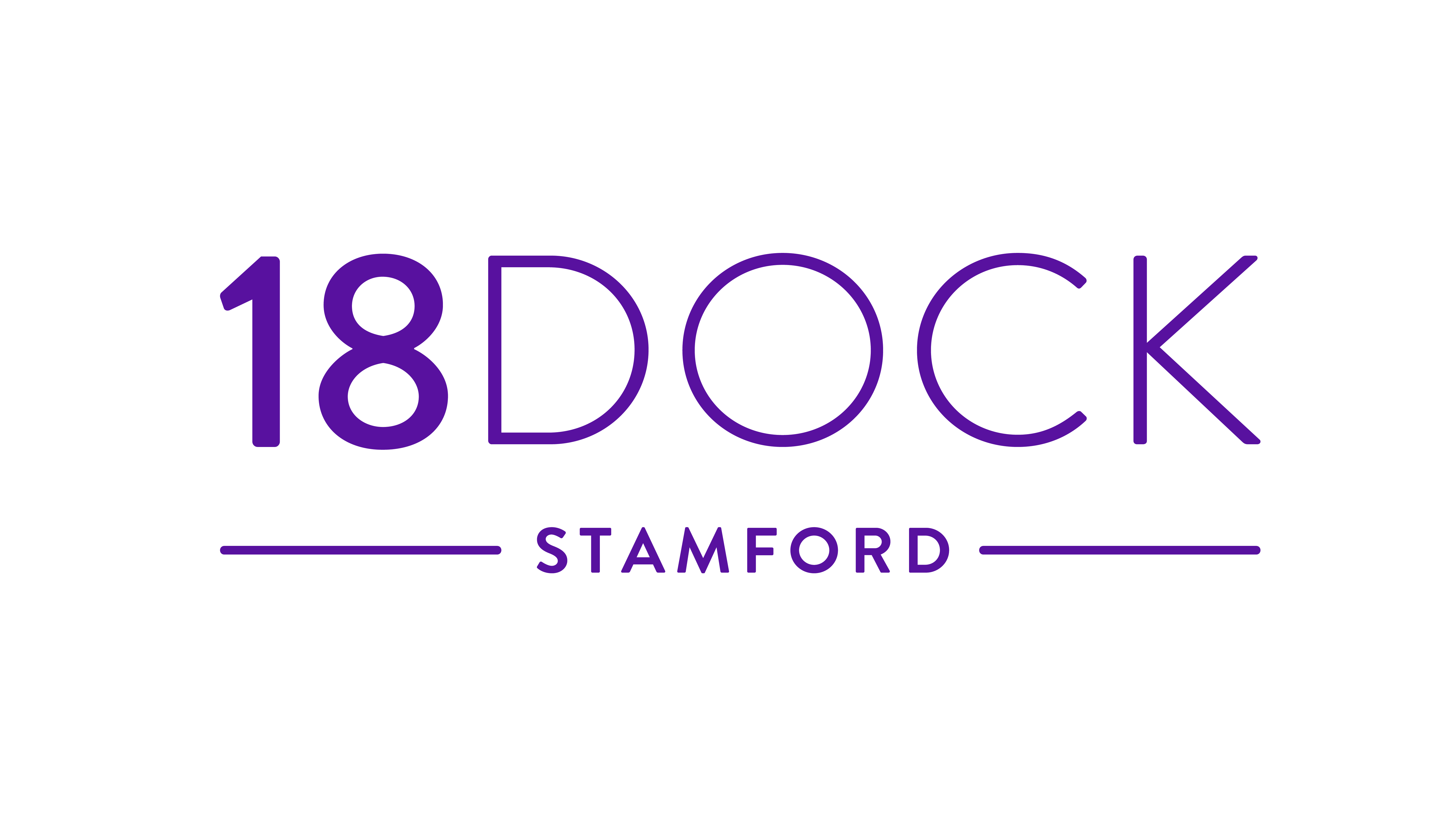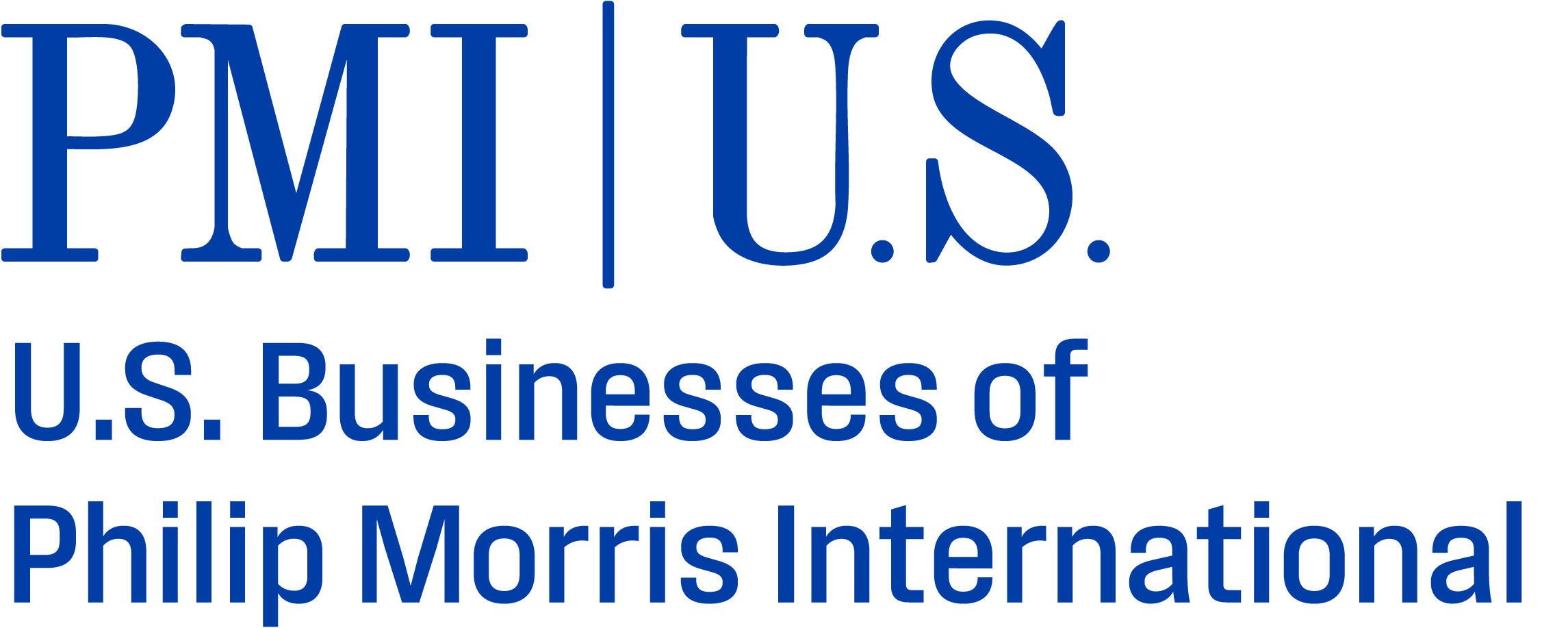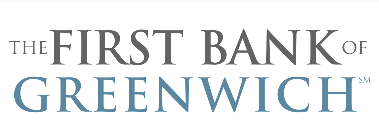Tools That Do More Than Help: Real Support for New Business Owners
Starting a new business can feel like stepping into a storm with a map drawn in pencil. One minute you’re designing logos; the next, you’re decoding tax codes or figuring out how to write a legally sound invoice. You’re learning to lead, sell, market, plan, and build—sometimes all before lunch. The pressure to get everything right from the beginning is relentless, and the margin for error feels razor-thin. But there are tools that don’t just help—they hold. They absorb the chaos, reduce the risk, and give you space to focus on the work only you can do.
Guidance You Don’t Have to Pay For
When you’re building something from scratch, mentorship isn’t optional—it’s leverage. But not every new founder has access to seasoned entrepreneurs in their circle. That’s where programs like the SBA’s nationwide SBDC network step in. These centers offer free volunteer business mentoring through one-on-one coaching, live training, and technical guidance. Whether you're choosing a legal structure or forecasting cash flow, these mentors aren’t selling anything—they're translating complexity into confidence. And when your runway’s short, that’s everything.
Formation Help That’s Not Just Paperwork
Getting your business legally set up—LLC, EIN, state registration, compliance deadlines—is one of the least glamorous, most stress-inducing parts of the launch phase. And while some entrepreneurs brave the state websites themselves, many choose formation partners for peace of mind. ZenBusiness stands out by turning what used to be a bureaucratic maze into a step-by-step service with clear costs and built-in compliance reminders. This isn’t fluff; it’s the kind of structure that prevents mistakes from becoming liabilities. You’re not buying paperwork. You’re buying future clarity.
Automations That Don’t Feel Robotic
Early-stage business owners often carry their entire tech stack in their heads. They’re logging in, toggling tabs, and retyping the same information across platforms. That friction burns time. Automating repeatable workflows through platforms like Zapier helps you automate tools and apps integration across accounting, CRM, email, and task management software. It’s not just about saving time—it’s about preserving cognitive capacity. Automate once and get that decision space back, day after day.
One Workspace to Rule the Chaos
Not every productivity tool earns its keep. But for founders juggling notes, content, systems, and team inputs, a customizable workspace can cut the noise. Notion, for example, has matured from a note-taking app to a full-blown operations layer—especially now that it enables modular AI-powered workspace customization. Whether you’re building SOPs, organizing product roadmaps, or documenting customer feedback, you can adapt the tool to fit your brain. It doesn’t fight you. It shapes around you. That matters when your workflow is still evolving in real time.
Websites That Don’t Burn Time or Budget
You don’t need a full-time developer or five-figure budget to launch a digital presence. Many founders delay getting online because they assume it has to be complex. It doesn’t. The rise of intuitive AI-powered site builders means you can launch something fast, flexible, and professional-looking without coding or long contracts. Tools like Wix, Squarespace, and Shopify let you drag, drop, edit, and publish in a few hours—giving your business a home base that works from day one. No jargon. No waiting.
Planning Tools That Actually Understand You
Writing a business plan is still a rite of passage. But that doesn’t mean it has to be a solo struggle or a blank-page nightmare. New developments in LLM-based assistance—yes, AI again—are making this classic task smarter and more intuitive. For example, emerging research highlights how an AI assistant for business plan writing can help entrepreneurs break down goals, articulate value props, and stress test assumptions in a way that feels more like collaboration than templating. It’s not about replacing your voice. It’s about accelerating the part where you find it.
Too many business resources treat founders like they need shortcuts. You don’t need a shortcut. You need structure. These tools aren’t tips or tricks—they’re infrastructure. They hold up the real work of building something from nothing. Each one gives you a little more clarity, a little more control, and a little more capacity to keep going on the days that test your grit. Use what serves you. Leave what doesn’t. But know this: you’re not building alone.














